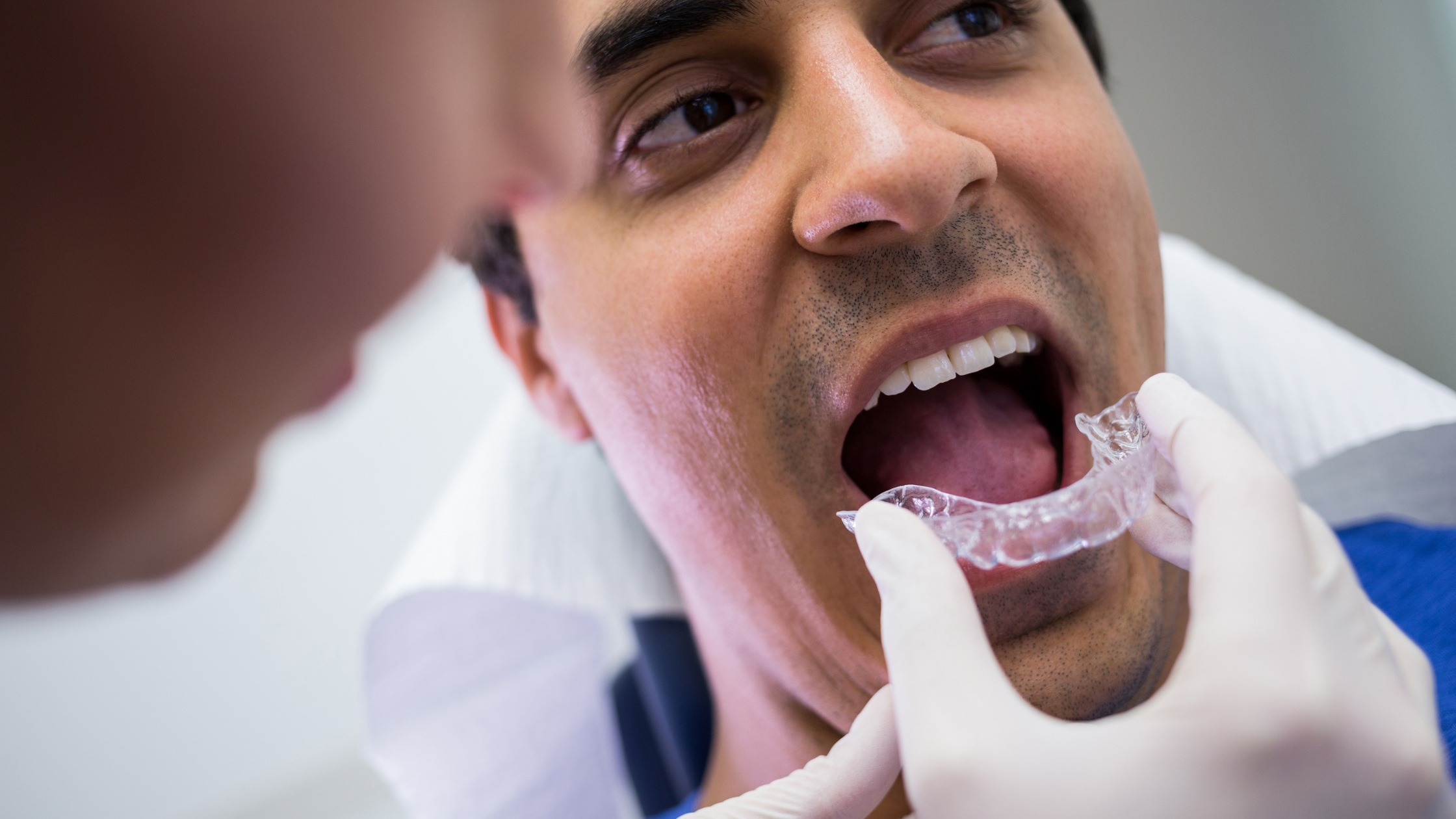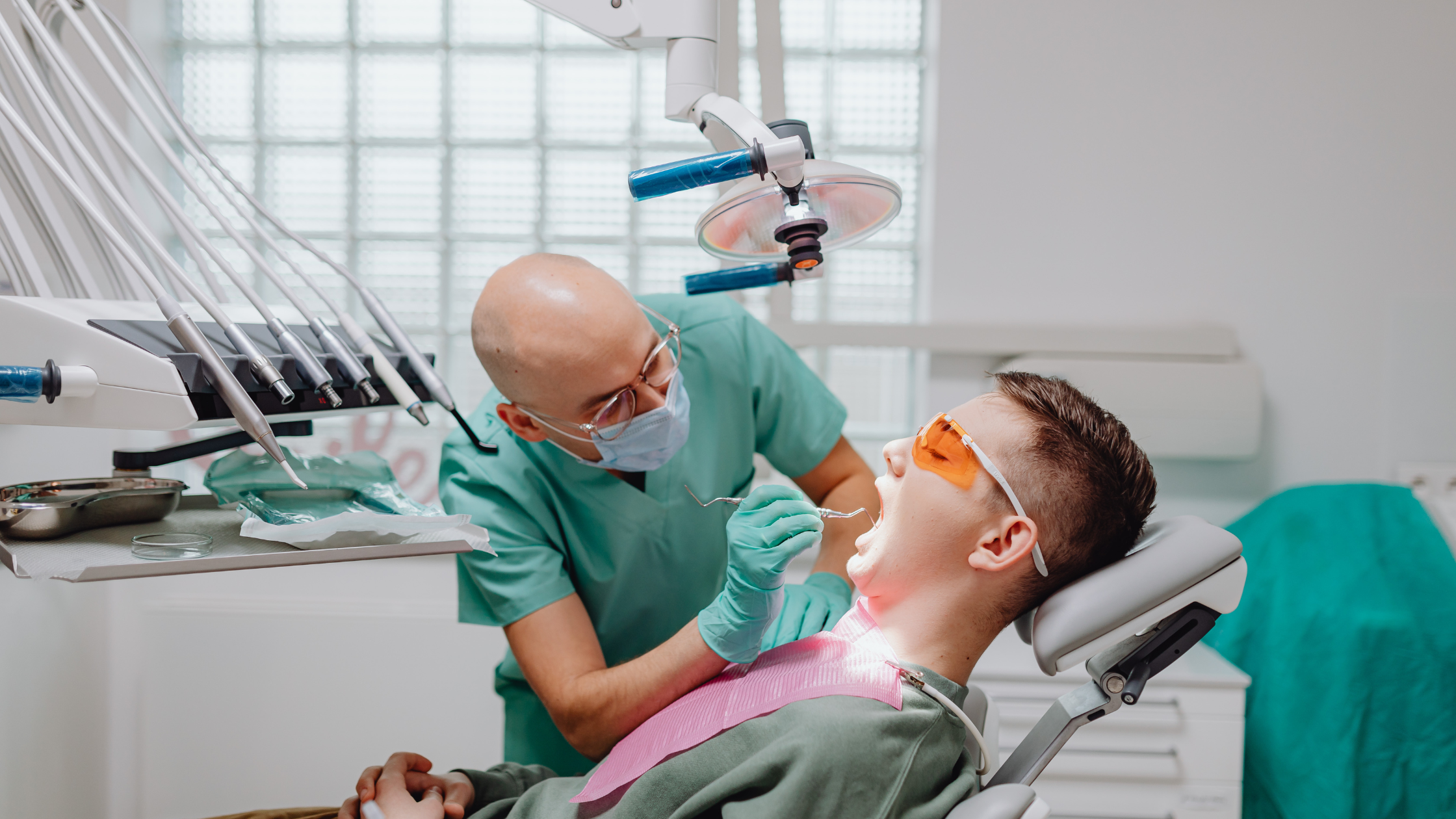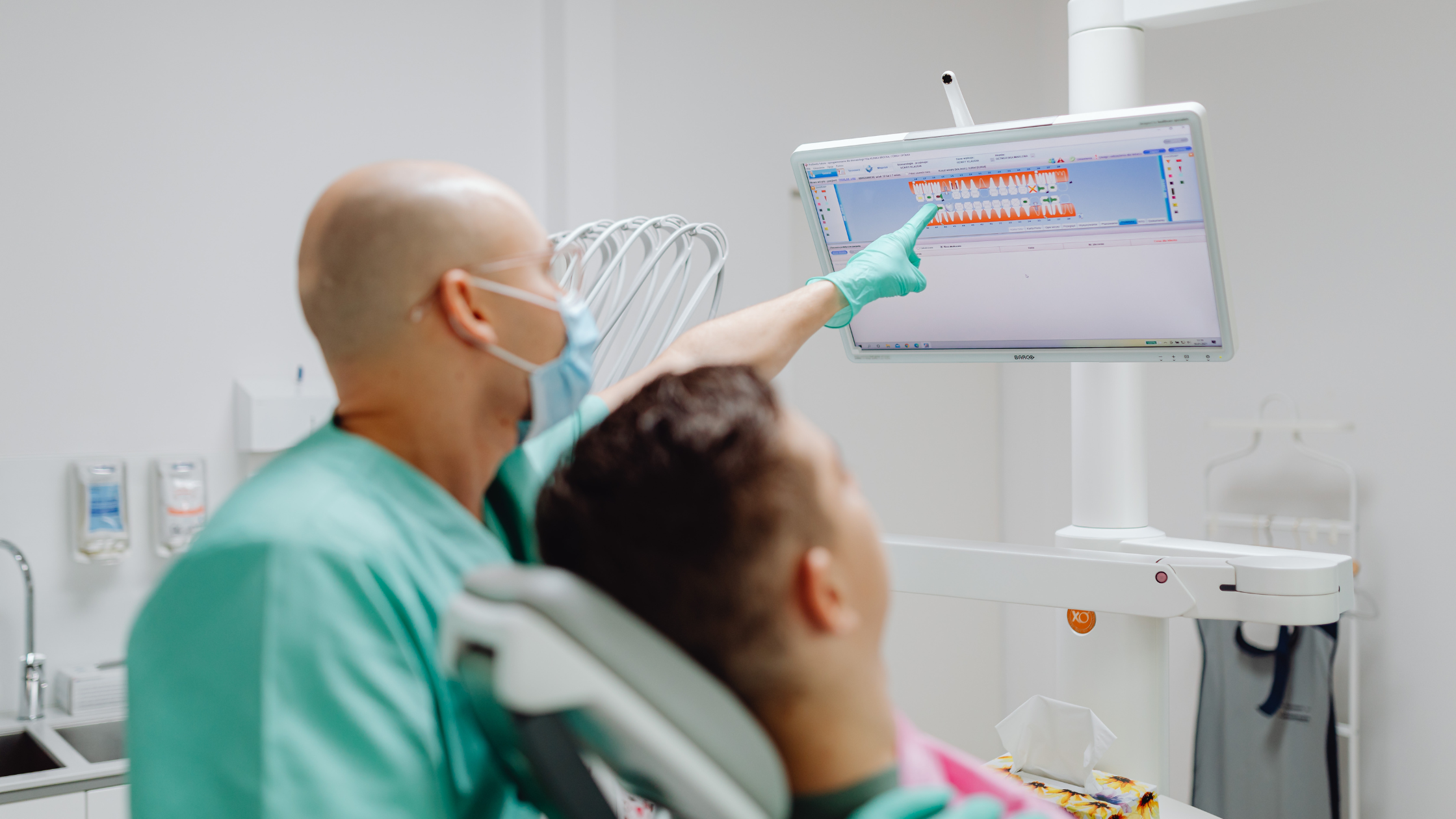Getting started with clear aligners is exciting. You are investing in your smile and picking a solution that is almost invisible and comfortable for you. However, you also have to do more than just wear them to achieve the best results. You need a solid routine for care. That is where proper, clear aligner care comes in.
Over 4 million people in the U.S. either need or wear braces and other orthodontic treatments, which reflects the widespread demand for dental alignment solutions like clear aligners. They are designed to move your teeth slowly and precisely. Every set of trays has its significance in your progress. By looking after them well, you protect your treatment, your trays are clean and comfortable and you prevent the setbacks that are likely to spoil the outcome. Cleaning your aligners up at the end of the day is an advantage in terms of improved outcomes and an easier process.
Why Your Aligners Need Daily Attention
Aligners are custom-made using 3D imaging and digital planning so they fit your smile perfectly. At Valley Creek Dental Care, we use advanced scanning technology to make sure every tray is accurate. That precision only works if the trays stay clean and intact.
If your aligners warp from heat, get scratched from harsh cleaning, or build up bacteria from trapped food, they may not fit right. That can slow your progress or make your treatment less comfortable. Good care makes the aligners last and helps you stay on track.
Your oral health also matters. Because you wear aligners most of the day they can trap bacteria if not cleaned properly. That can affect your gums and enamel over time. Caring for your aligners protects your smile while it is changing.
Daily Cleaning Routine for Clear Aligners
This section is where your daily habits matter the most. These steps are easy and they make a big difference.
Rinse Every Time You Remove Them
Whenever you have meals or brush your teeth, make sure you take your aligners out and rinse them with lukewarm water. This is useful in removing saliva and loose debris, which may accumulate over time.
Brush Gently with a Soft Toothbrush
Clean your aligners using a soft toothbrush and some mild soap. Do not put normal toothpaste since it has particles that are abrasive and may leave small scratches on the plastic. Such scratches will trap bacteria and give the aligners a foggy appearance.
Brush and Floss Your Teeth Before You Reinsert
Before you refit your aligners in your mouth, make sure you clean your teeth. Clean with a brush and floss to remove food particles to make sure that nothing sticks between your teeth and the tray.
Wearing Your Aligners the Right Way
Aligners are designed to work when you wear them consistently. Most patients need to wear them 20 to 22 hours per day. That means taking them out only to eat, drink anything other than water, brush, and floss.
If you are considering Invisalign McKinney treatment or are already in it you will love that the trays are removable. That makes meals and brushing easier. But consistency is what moves your teeth. Leaving them out too long can delay progress and add time to your treatment.
Each set in your series is planned to create gradual movement. Follow the schedule given to you by us and switch trays only when directed.
Storing Your Aligners Properly
When your aligners are not in your mouth they should always be in their protective case. It can be bad to leave them loose anywhere. They may get contaminated, misplaced or even accidentally discarded.
It is also comfortable to carry your case around with you so that you are always organized. Whether you are at work, school or with your friends, A case keeps your trays safe, avoids accidental damage and makes your routine easy.
Professional Support Throughout Treatment
Clear aligner treatment works best when combined with ongoing professional support. Your oral health should be monitored as your teeth shift. At Valley Creek Dental Care, we check your progress regularly to make sure everything is moving as planned.
We offer a full range of services that support you during and after aligner care. That means you have access to care that keeps your smile healthy now and long after treatment is done.
Services That Support Your Aligner Journey
Here is how our technical services tie into your aligner experience. Each one plays a role in maintaining oral health while your smile is being transformed.
Preventive Exams and Professional Cleanings
These help remove plaque and tartar that even regular brushing cannot reach. They also let us catch issues early so they don’t interfere with your aligner plan.
Restorative Treatments Including Crowns and Root Canals
If you have issues like decay or a damaged tooth, these services restore strength and function. Aligners work best when teeth and supporting structures are healthy.
Cosmetic Dentistry Including Teeth Whitening
Once your aligner journey is underway or complete teeth whitening can help enhance your final results. Whitening boosts brightness and confidence.
Pediatric Dentistry
We support younger patients with care that grows with them. Early visits help kids learn good habits that make alignment easier later on.
Dental Implants
If you have missing teeth before aligner treatment, implants can restore stability and support. Well-positioned implants improve function and aesthetics.
Emergency Dental Care
Unplanned issues happen. Our emergency care ensures you are supported quickly when you need it most, so aligner progress continues without major interruption.
To have a closer look at how various treatments are combined to make smiles, you might also explore smile reconstruction or how dentists rebuild smiles, which demonstrates how therapeutic methods are made to work together to produce healthy outcomes.
Avoiding Common Mistakes
Here are a few habits to stay away from so you don’t delay your results:
Drinking coffee, tea, or colored drinks while wearing aligners
Skipping aligner cleaning because they look clear
Skipping regular dental appointments
Switching to the next tray early without approval
Final Thoughts
It is not that complicated to take care of your aligners. You just have to build an easy everyday routine by wearing your aligners as instructed and stay connected with your local dentist to get the best results for clear aligner care.
If you are ready to start your aligner journey or need any assistance with your current ones, schedule a consultation at Valley Creek Dental Care and get one step closer to a healthier smile.
Achieve a healthier smile with Valley Creek Dental Care today!






